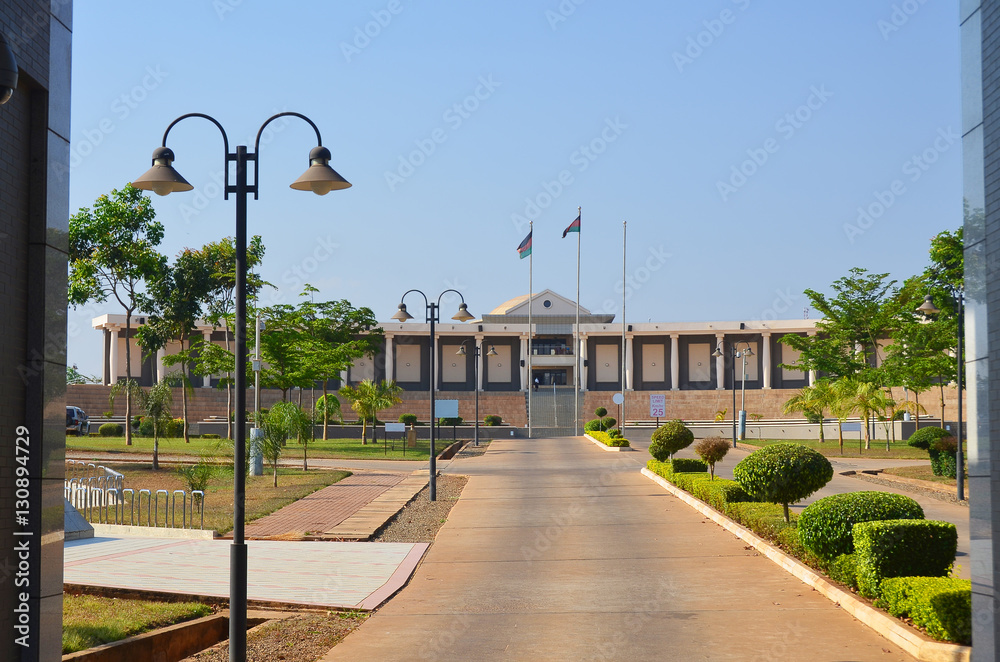By Burnett Munthali
The recent call by the Parliamentary Committee on Education, Science, and Technology for a roundtable discussion with the Secondary School Teachers Union (SESTU) marks a pivotal moment for Malawi’s education sector. With secondary school teachers poised to strike on November 1, this meeting reflects both the urgency of the issues at hand and a potential shift towards more proactive government engagement with educators.
At the heart of the teachers’ demands is the issue of inflation and its impact on their salaries. With the cost of living steadily rising, many teachers are struggling to meet basic needs, sparking a call for wage increases that would reflect current economic realities. SESTU General Secretary Druwen Moyo emphasized that the union sees this as a critical concern, one that, if left unaddressed, could continue to diminish teachers’ quality of life and erode their morale.
The demands for better remuneration highlight a broader issue within Malawi’s public sector: the need to align salaries with inflation and living costs. Teachers, as essential contributors to national development, argue for salaries that allow them to maintain dignity and stability, which, in turn, would allow them to better focus on their educational responsibilities.
- Chithyola Banda: Between Allegations and Political Undercurrents
- Kalindo thanks Mutharika for Chilima’s death fresh inquiry
- CDEDI Blasts Chakwera Era as “Malawi’s Worst Mistake,” Says Mutharika Comparison an “Insult”
- CCYCDO Strengthens Community Ties Through Visit to Disabled Individuals in Chiradzulu
- Gulf in Flames: Iran’s Retaliatory Blitz Shakes U.S.–Israel Alliance and Redraws the Balance of Power
Benedicto Kondowe, Executive Director of the Civil Society Education Coalition (CSEC), has expressed support for the teachers’ stance, adding an influential voice to their cause. Kondowe’s position reflects a growing awareness that well-supported teachers lead to a healthier, more productive education system. Motivated and well-compensated teachers are better able to focus on their core mission of educating Malawi’s youth. Moreover, his support underscores the role civil society organizations play in advocating for better policies, especially in areas affecting societal well-being, such as education.
The Parliamentary Committee’s decision to initiate dialogue before teachers take industrial action is a positive step toward resolution. Rather than allowing the situation to escalate, Parliament is opening the door to discussions aimed at preventing disruptions to students’ education. This preemptive action suggests a willingness on the part of lawmakers to engage in meaningful discussions about teacher welfare, which could set a precedent for how other labor disputes are managed in the future.
If successful, this approach may pave the way for more institutionalized negotiations, potentially involving teachers in a broader discussion about education sector reforms. By addressing these issues head-on, Parliament can demonstrate its commitment to both educators and students, fostering goodwill that could have long-term benefits for the education system.
The outcome of these negotiations could significantly influence Malawi’s education landscape. Addressing teacher grievances might improve teacher retention rates, attract more qualified individuals to the profession, and ultimately lead to better student outcomes. Conversely, if these talks do not result in actionable solutions, it may signal to educators that their concerns are secondary to budgetary constraints, risking further dissatisfaction and potential strikes in the future.
Furthermore, this moment highlights the need for a comprehensive review of teacher compensation and support within Malawi. Beyond immediate wage adjustments, teachers require long-term assurances of fair treatment, which could include mechanisms for periodic salary reviews and enhanced benefits. Such systemic changes would better support teachers as they navigate economic fluctuations, ensuring they can fulfill their roles without financial strain.
The upcoming dialogue between SESTU and the Parliamentary Committee on Education, Science, and Technology represents a critical opportunity for Malawi to address the longstanding issues facing its educators. This conversation, if successful, could strengthen trust between government institutions and teachers, setting a standard for collaborative problem-solving. Ultimately, ensuring that teachers are valued and adequately supported will contribute to the stability and progress of Malawi’s education sector, shaping a brighter future for students and educators alike.



